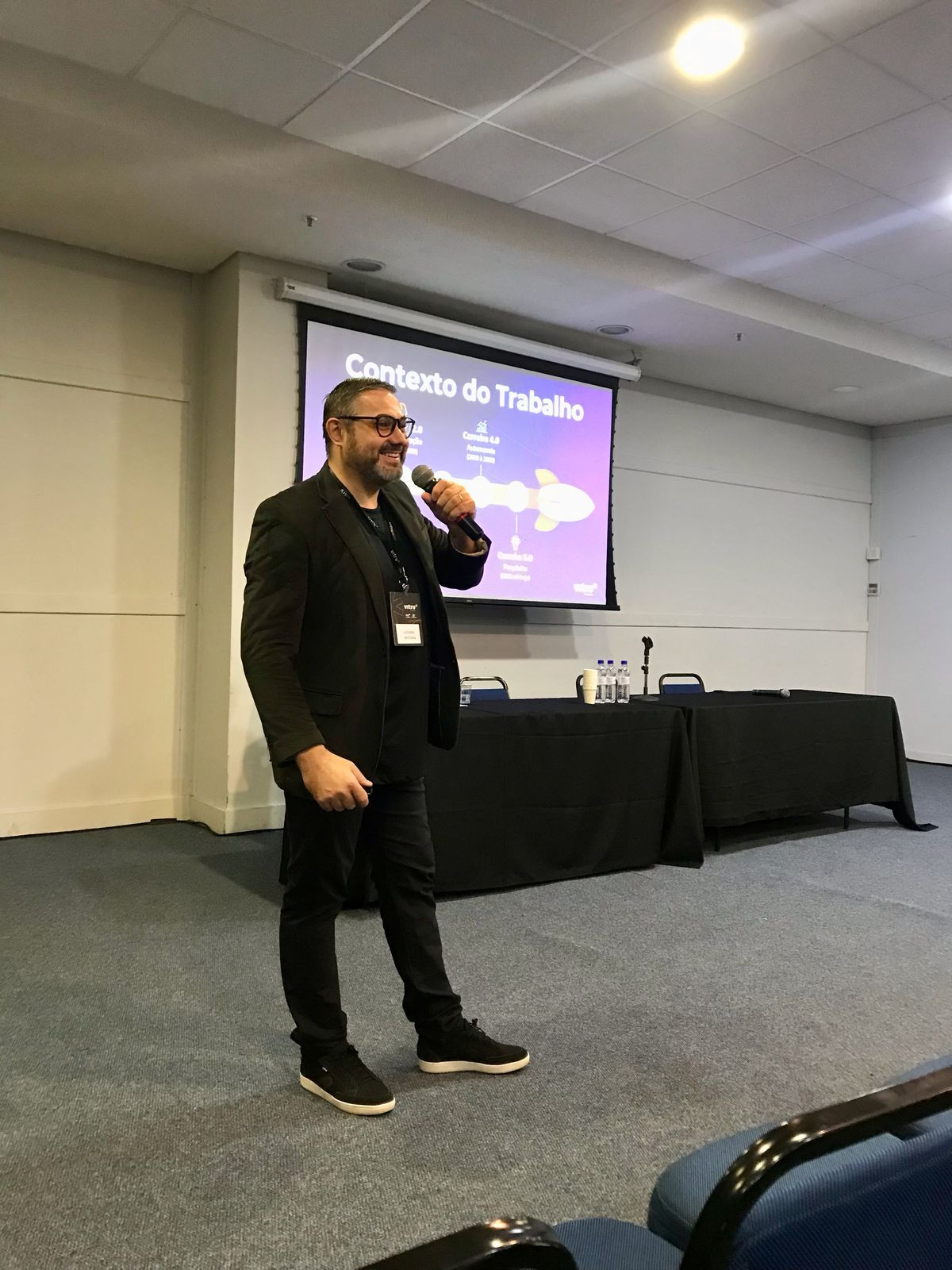
Theme discussed by Vitru Educação in a panel during the 30th CIAED
"Workability: Building Successful Careers for a Borderless World" was the title of the lecture by Luciano Santana, Academic Planning Director at Vitru, during the second day of the 30th International ABED Congress on Distance Education (CIAED), which runs until May 10 at the Viasoft Experience campus of Universidade Positivo in Curitiba. With the theme "Internationalization of Distance Education," the program includes panels, workshops, meetings, mini-courses, podcasts, consultations, plenaries, and Expo-EaD, featuring over 50 exhibitors focused on innovation, regulation, accessibility, and the future of distance learning.
According to Santana, transformations in the labor market are rapid and continuous, driven by innovative technological advances, new forms of employment contracts, and shifting expectations from both employers and workers.
"In this scenario, the concept of workability emerges as a fundamental strategy to promote autonomy and sustainability in professional trajectories," he explained.
Workability, as defined by Santana, has become a critical skill for those seeking to build successful careers in an increasingly globalized and competitive market.
"Developing a well-structured career plan, combined with the continuous improvement of competencies, is essential to ensure employability and adaptability to constant market changes," he emphasized.
He highlighted that the ability to reinvent oneself, learn new skills, and maintain a proactive stance are key elements for professionals aiming to stand out and achieve their career goals. "Distance Education (EaD) serves as a strong ally in the process of training and upskilling. This modality offers flexibility, technological resources, and accessibility," he noted, adding that EaD enables students from diverse backgrounds to develop their competencies autonomously and with personalized approaches. This perspective reinforces the role of distance higher education in preparing professionals for a globalized market.
EaD fosters experience-based learning, promoting the practical application of knowledge and stimulating innovation. According to Santana, this approach helps shape more adaptable professionals capable of working in diverse contexts and addressing challenges in a constantly evolving market.
"It is important to view learning as a continuous process that goes beyond theoretical knowledge acquisition, incorporating hands-on experiences, projects, and activities that stimulate creativity and problem-solving," he concluded.
This website uses cookies to offer you a better browsing experience. To continue using this website you agree with the use of cookies and with our Privacy Policy.